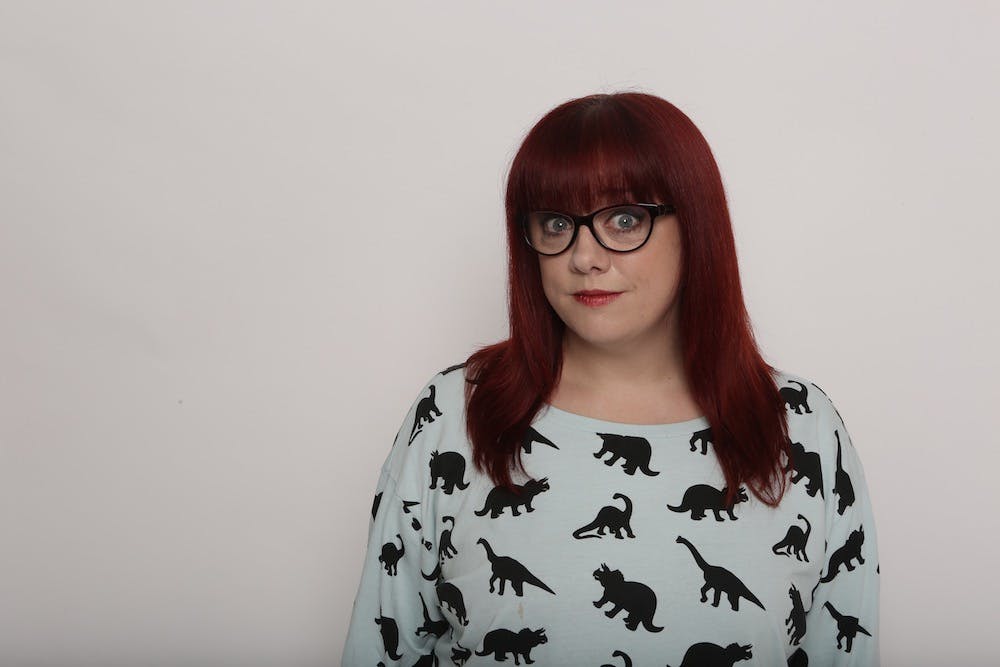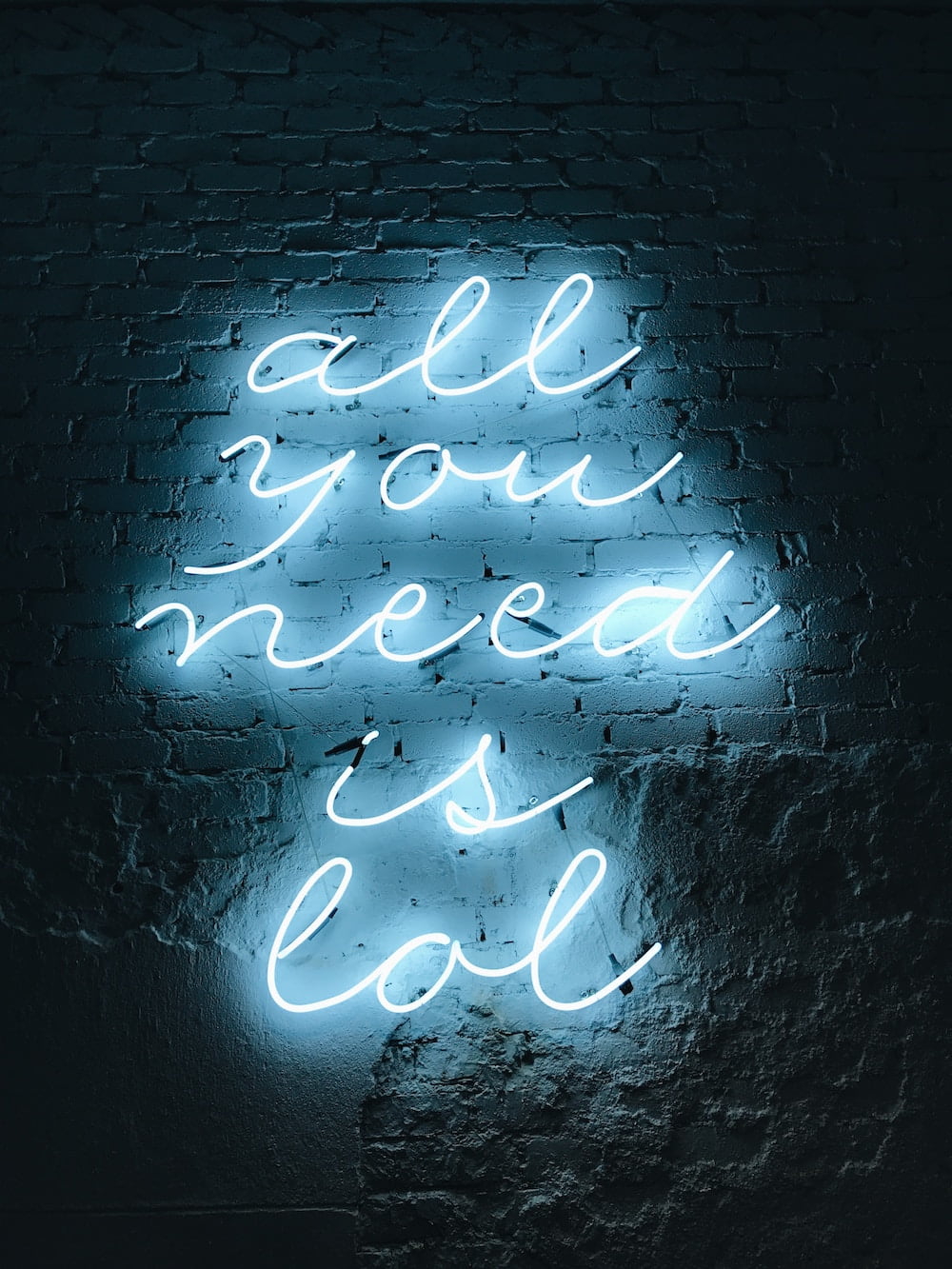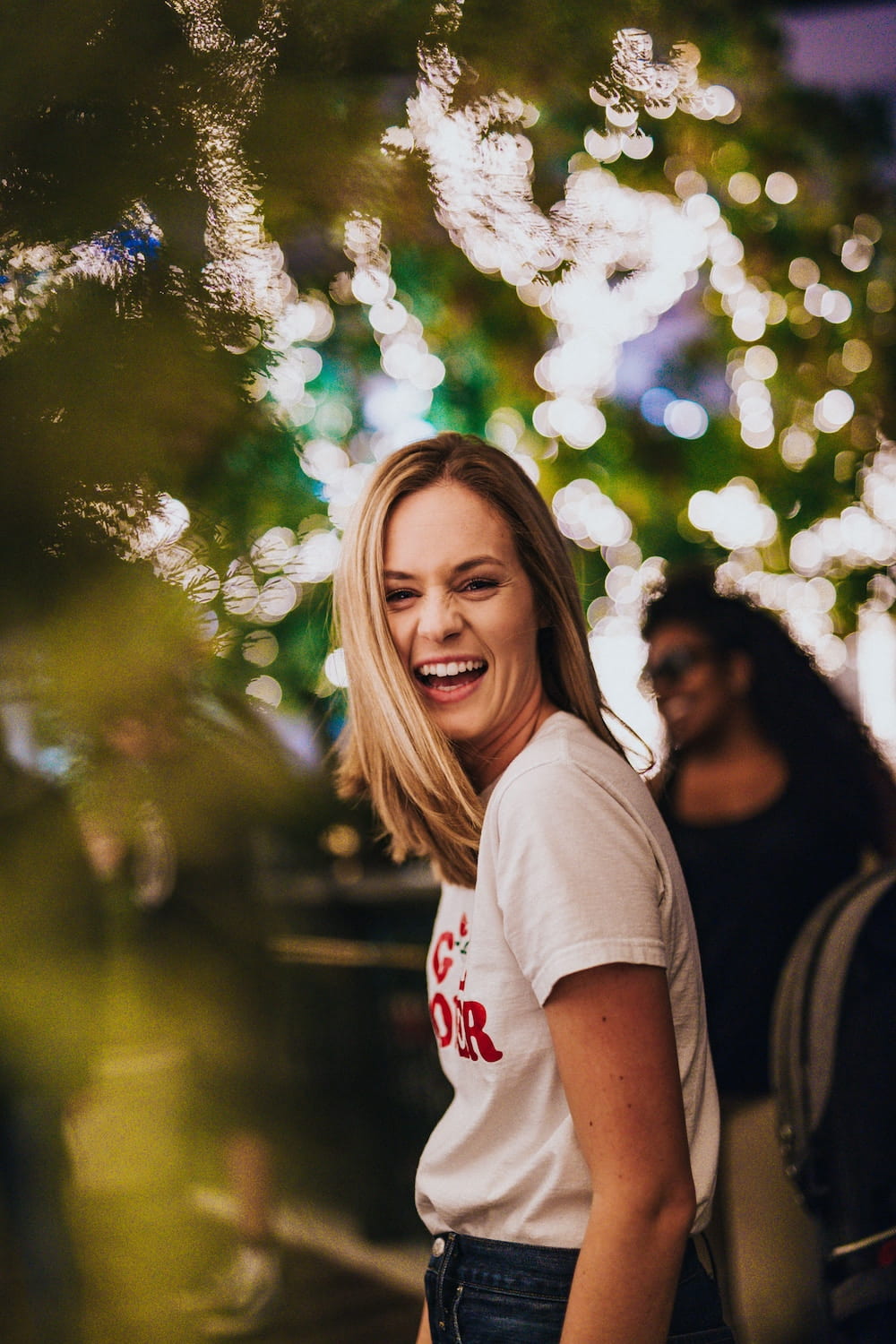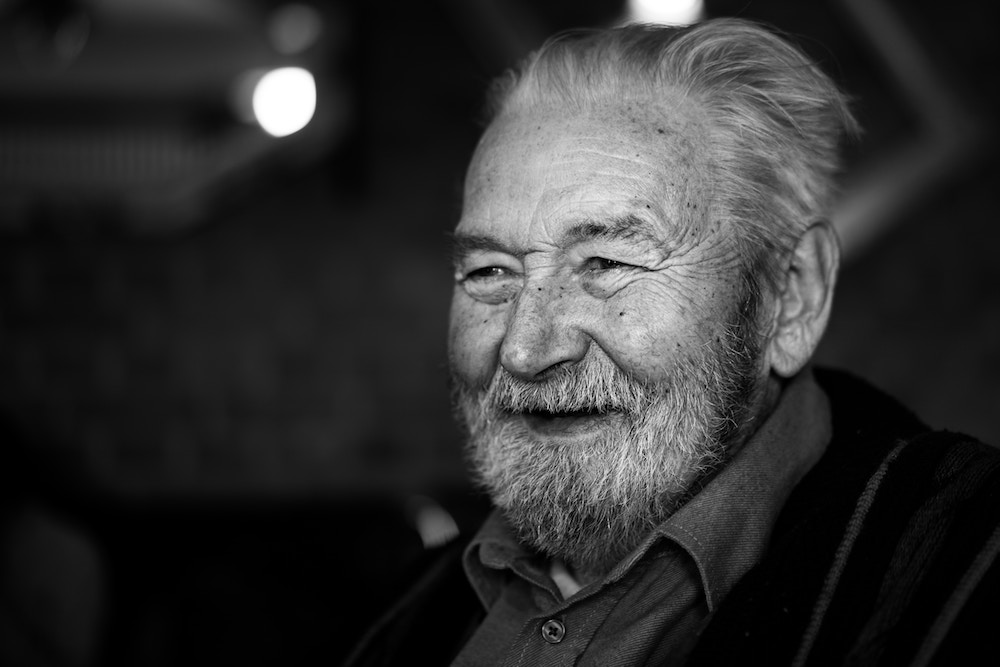
In part one of our comedy special, we speak with comedian Angela Barnes. With more than a decade working in mental health before her big break in comedy, Angela is incredibly candid about her own health. Known as a TV and radio panel show regular, she’s the funny woman unafraid to tackle tough topics.

There are more comedians who’ve had mental health issues than haven’t, and they’re just the ones who talk about it.
It’s high-highs and low-lows in comedy, and I think that mirrors what mental illness is. I think that’s why it’s an attractive thing for people, to have a job that matches that.
My dad was a funny man. People loved him. I was a very studious child, which my dad thought was quite boring. One parents’ evening, the teacher was telling him how good I was. He was a type 1 diabetic and used hypodermic needles, so he decided to take a needle to school and told the teacher he found it in my bag. I think he prepared me for this job because it’s very difficult to humiliate me now.
I was prone to being a withdrawn teenager; I was shy, I had a lot of body and self-esteem issues, but sort of fairly typical teenage girl stuff. I went to a girls’ grammar school and so my interaction with the opposite sex was minimal. When I went to university, everything felt too much. That’s when the depression kicked in.
At lot of what happened I don’t really remember. There were two years where I had a couple of hospital stays, and throughout that period I had a community mental health team and I used crisis services. I had a main crisis point between 20 and 22, and dropped out of university.
Throughout my 20s there would be episodes. I would be fine for six months and then I would have three months where I would have to be off work. It took a good 10 years of different medications and talking treatments to get the balance back. I still take medication now, and I have blips, but I think that’s just being human.

I want to talk about mental health on stage as part of my everyday life, which is what it is. So, when I talked about my time in a psychiatric unit, it was part of a bit about something else that just happened to have taken place on a ward. There’s so much shame and stigma attached to it, and if you spent a week in hospital because you broke your leg, you wouldn’t think twice about mentioning that. I want it to be matter-of-fact.
Comedy isn’t therapy, and I think it’s safe to bring it on stage and laugh about it when you’re over it. I think if you’re going through it, then that’s different. You need to sort it out in your head first.
Yes! With comedy, you ask for just one result, and that’s a laugh. It’s one of the only entertainments where you instantly know whether you’ve failed or succeeded. People don’t feel guilty laughing at you and the things you’ve been through, because by going on that stage you’ve given them permission to laugh at what you’re saying.
My medication is partly for anxiety. Last year I had a medication change and suddenly I had this stage fright I’d never had before. But the more you do it the more you get used to it. I’m not scared of a comedy club on a Friday night. But I recently filmed Live at the Apollo and was a nervous wreck, but it would be weird if I wasn’t. Sometimes anxiety is absolutely justified and it’s just part of what drives you.
It’s a job that can be quite lonely. You spend a lot of time on the road. You can do the best gig of your life and then half an hour later you’re on your own in a hotel room. That can be quite a comedown. But the comedy circuit is a supportive network. If you know that another comic is performing in the same town, you might meet up after the gig. People are careful not to isolate themselves and look out for each other on social media.

I love it. I feel like the pressure’s off. At 40, I can do what I want and people will accept it. They’re not asking why hasn’t she bought a house yet, why hasn’t she got married yet, why hasn’t she got children – they see that’s just who I am.
I’m pleased with where I am today, and would be on my deathbed happy. I think it comes from the mental illness as there were times when I didn’t want to be alive. If you’ve been through something like that it can empower you.
Angela Barnes’s show ‘Fortitude’ is touring the UK in 2018. For further information head to offthekerb.co.uk

